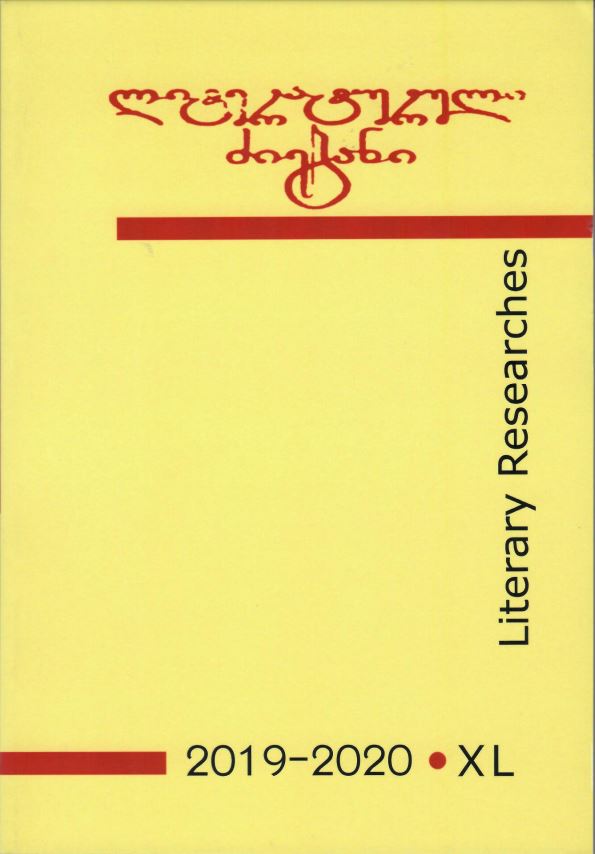Published 2020-10-20
Keywords
- Sir Gawain,
- Green Kbight,
- Arthurian Romance
How to Cite
Abstract
Sir Gawain and the Green Knight is one of the best Arthurian romances. It tells of how, one New Year’s Day at the court of King Arthur, a huge green stranger disrupts the feast to offer a bizarre challenge, which only the king’s nephew, Sir Gawain, has the courage to take up.
Nothing is known of the Gawain-poet other than what can be deduced from the poem itself. The single manuscript in which it preserved contains three other poems: Pearl, Patience, Purity. They all are written in long-line alliterative verse, like Gawain itself. There are various hypothetical biographies of the Gawain-poet: he could have received an education as the younger son of a gentry family, perhaps destined for the Church but never taking orders. Alternatively an education would be a way of opening up the worlds of the Church, administration, and diplomacy to the son of an aspiring middle-class family. It is generally agreed that the manuscript was copied no later than 1400, and the poems were composed some time before that – 1350-1380s.
The structural and compositional organization of the Gawain romance – the cyclization of its composition, the artistic function of wandering/quest motive, social and ideological background – Arthur’s court, social environment and the circle of characters – chivalry society display enough resemblance with the French Arthurian Romances (though it is unusual in not having any one single source), but it is not a typical specimen of medieval romance of chivalry (or, moreover, of courteous literature). In the so-called “transitional time” it must be considered as a new stage of the genre’s gradation, its highly-developed form of renewed construction, with more developed expressive forms, plasticity of narrative and versatility.

